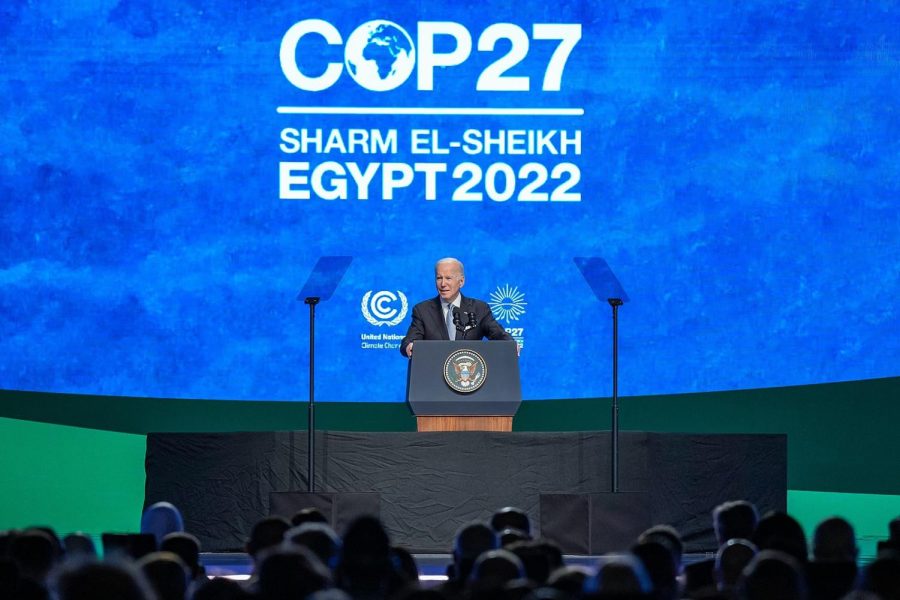Op-Ed: Global Collaboration is Key to Fight Climate Change
Climate change has become a spotlight issue in today’s political affairs. Rising temperatures and increased extreme weather conditions have led to escalated health risks and poverty, the climate issue to the table.
Several scientists have posed possible solutions for lowering greenhouse gasses (GHG) to save our planet, such as geoengineering. One main branch of geoengineering focuses on removing carbon dioxide from the atmosphere. The easiest method listed is afforestation, which applies to the general public. Afforestation consists of planting and reforesting ecosystems that result in long-term carbon storage in above and below-ground biomass.
Many geoengineering methods revolve around the idea of “storage.” Energy storing and carbon capture involves burning biomass for energy generation and capturing and permanently storing the resulting CO2.
Furthermore, advanced proposals have theorized aerosol injection, marine cloud brightening, cloud thinning, space sunshades, ocean mirrors, and ice-albedo effects. For instance, researchers suggested that it is practical to artificially introduce aerosols into the atmosphere via planes that could have a cooling effect. Yet, after the Mount Pinatubo eruption in 1991, there was a global cooling of about half degrees for two or three years afterward. These strategies could bring the temperature and rainfall patterns back to their pre-industrial averages.
However, despite proposals of ideas to mitigate the effects of climate change, the most recent global conference surrounding climate change, the United Nations COP27, failed to come up with solutions.
One of the primary reasons behind the inadequate progress in climate action is the lack of collaboration between countries. The realist theory of international relations explains this. Realism is the view of international politics that emphasizes that countries are self-oriented and that the base of all international relations is competition and conflict.
The realist perspective believes that national power and self-interests disproportionately threaten the feasibility of a working solution towards global climate change. Developing nations and rising superpowers like China and India are heavily dependent on energy production, such as fossil fuel burning and coal mining, these energy sources take up a near-half proportion of these countries’ annual GDP. These industries are high pollutants that release carbon emissions, further exacerbating climate change. Relationships between countries have also worsened in recent years primarily due to increasing conflict over sovereignty and national interest. These two factors are critical drivers for the overall failure of all previous Conference of Parties (COP).
International conferences have failed to delay the progression of climate change and will continue to fail if countries still can’t prioritize worldwide interest over national interest. Governments must realize that conflict is no longer the focus of climate change. Over the last few decades, realism has effectively explained the root of conflict and trade internationally.
Nonetheless, climate change is the first global issue that impacts everyone on a large scale. Our mitigation strategies require a liberal approach and countries to cooperate. If countries with high pollution can not concede to such treaties, it will be impossible to implement any of the geoengineering methods and solutions.
Climate change is like no other issue, and global collaboration is required to solve it. The diverse groups observing the COP conferences and other environmental conferences must be given equal participation and transparency and provide opportunities for interaction and cooperation across various sectors. The impacts we see with climate change show us that these harms are real and costly. The desultory efforts of collaboration to address climate change could lead to a destructed world so hot that nothing can save it.






















































